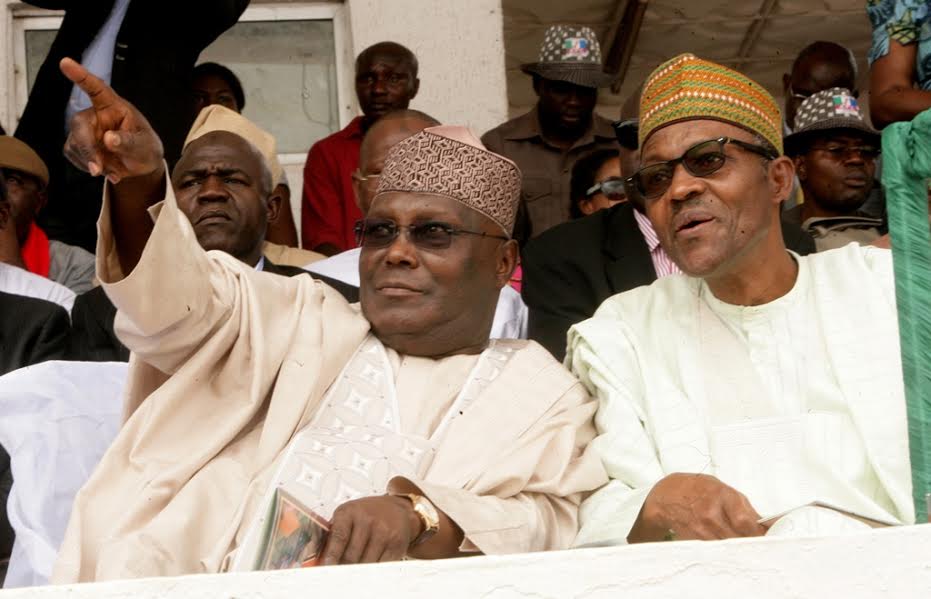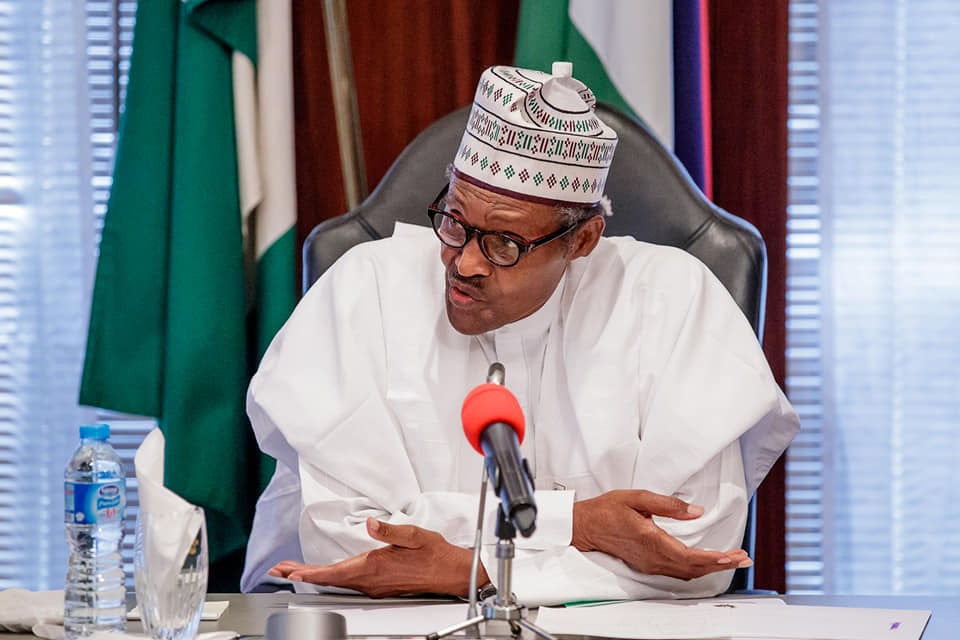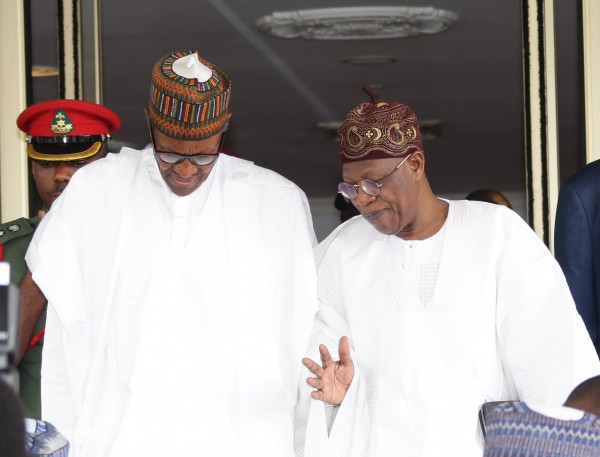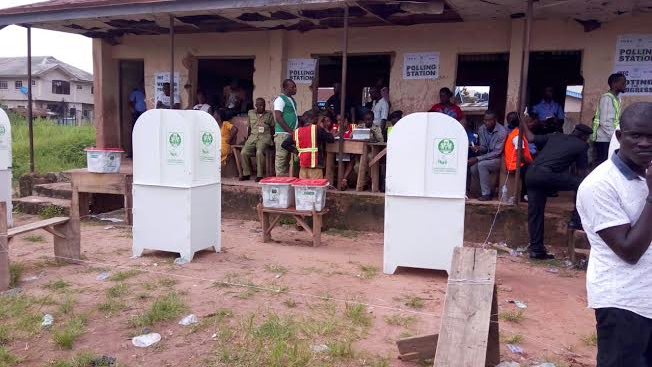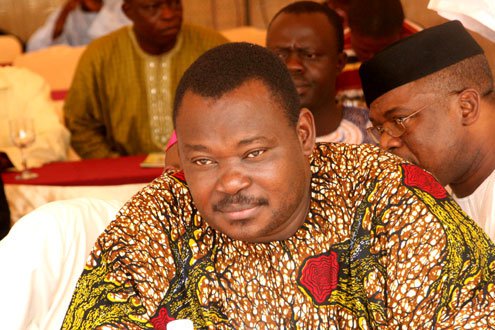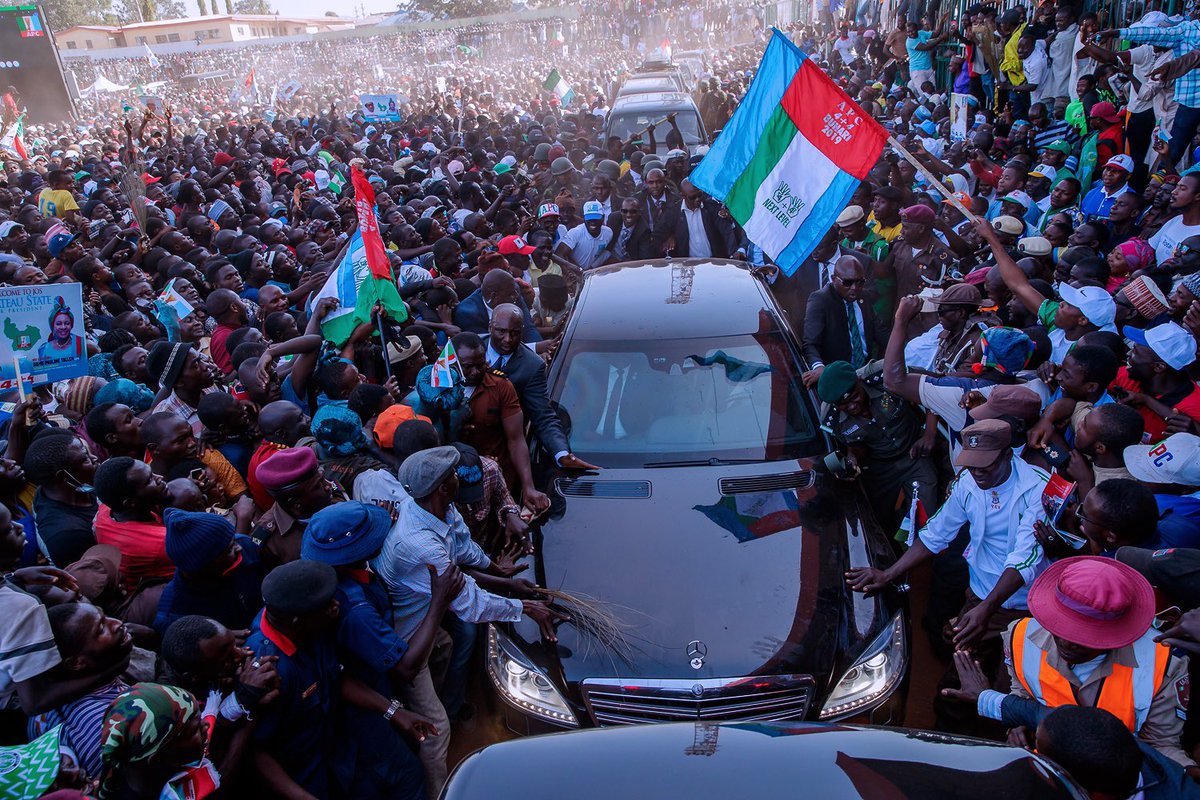The flagship vice-presidential and presidential debates for the February 16 elections have come and gone with a sour taste in the mouth of many Nigerians at home and abroad.
Many are angry at Atiku Abubakar, the presidential candidate of the Peoples Democratic Party (PDP), who flew 12 to 13 hours from Washington DC, only to boycott the debate over the incumbent’s absence.
President Muhammadu Buhari, on the other hand, said he did not show up for the debate due to a hectic schedule.
The duo has not attended any presidential debate for the 2019 election season; they have either sent proxies or ignored totally.
Advertisement
DEBATES DO NOT WIN ELECTIONS?
In Nigeria’s democratic history, presidential debates have not been the reflection of the debates in the country. In 1999, Olusegun Obasanjo of the Peoples Democratic Party (PDP) missed the debate, leaving Olu Falae of the Alliance for Democracy to debate alone.
By 2003, Obasanjo debated himself, at an event moderated by John Momoh, the chairman of Channels TV who worked with the Nigerian Television Authority (NTA) at the time.
Critics at the time said Obasanjo simply had an interview with John Momoh, Remi Oyo, and Ray Ekpu, who were all revered journalists.
Advertisement
Obasanjo won both elections — with debate and without debate.
By 2007, Umar Yar’Adua also missed the debates, leaving Muhammadu Buhari of the All Nigeria Peoples Party (ANPP) take on Pat Utomi of the African Democratic Congress (ADC).
Yar’Adua went on to win the election, which he admitted was rigged embarrassingly.
“The April elections were so heavily marred by vote-rigging that European Union observers said they fell far below basic international standards and were not credible,” he had said.
Advertisement
Rigged or not, Yar’Adua led Nigeria as president, and the debates did not matter.
LIKE OBASANJO, JONATHAN DEBATES HIMSELF
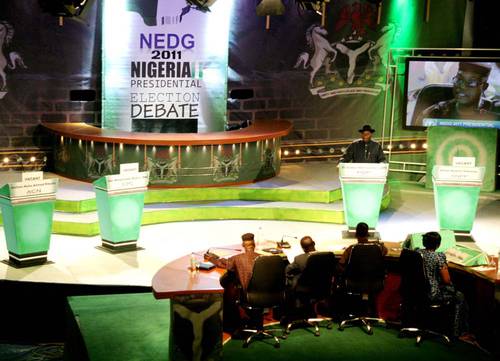
By 2011, the trend continued. Two major debates stood out in the build-up of the 2011 election; the NN24 debate and the NEDG/BON debate.
Goodluck Jonathan, the incumbent and the presidential candidate of the Peoples Democratic Party (PDP), was absent at the debate, which was hosted by NN24 and moderated by Kadaria Ahmed.
Ibrahim Shekarau of All Nigeria Peoples Party (ANPP), Nuhu Ribadu of the Action Congress of Nigeria (ACN), and Muhammadu Buhari of the Congress for Progressive Change (CPC) attended the debate.
Advertisement
In response to Jonathan’s absence, Shekarau, Ribadu, and Buhari, who were the main contenders in the election, decided to boycott the BON/NEDG debate slated for March 29, 2011.
Jonathan was left to debate himself — he won the debate (of course) and won the election.
Advertisement
By 2015, not much had changed; now Jonathan was ready to debate everyone, but the major contender, Muhammadu Buhari, the candidate of the All Progressives Congress (APC), did not show up.
Fortunately, Jonathan was not left to debate himself this time around.
Advertisement
He locked horns with Godson Okoye of United Democratic Party; Remi Soniaya of Kowa Party, and candidates of the United Progressive Party (UPP) and National Conscience Party (NCP).
Muhammadu Buhari, who did not attend the flagship debate, won the elections by about two million votes.
Advertisement
BUHARI VERSUS ATIKU
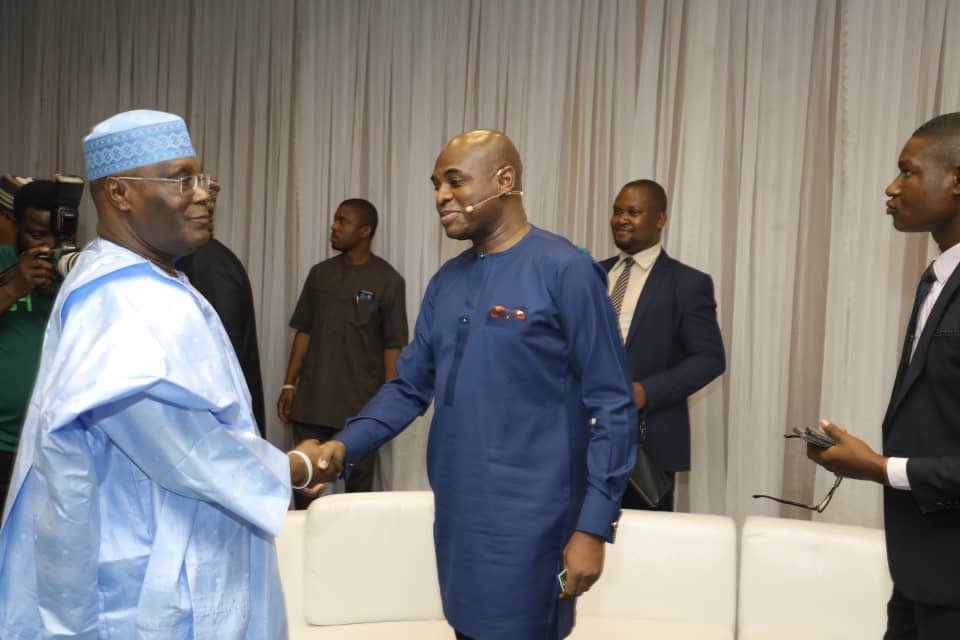
Buhari, who attended the 2007, 2011 presidential debates has some experience in presidential debates, but also decided to stay out of debates this time around.
Buhari may say he has not won any presidential election in which he debated, but has won an election in which he did not debate.
Atiku, on the other hand, participated in the vice-presidential debate of 1999, where he took on Umaru Shinkafi, Olu Falae’s running mate. Atiku’s team won the election.
In all of these, there is no evidence yet, that debates affect election results in Nigeria. But as the nation’s democracy matures, Nigerians — on and off social media — insist that those aspiring to elective offices must debate, especially the presidents.
The only way to make debates compulsory in Nigeria is to legislate it through a bill of the national assembly and signed into law by the President or decided by the legislators in a case where the president is unwilling to sign.
Share your thoughts with us via the poll and in the comment section.
Add a comment

